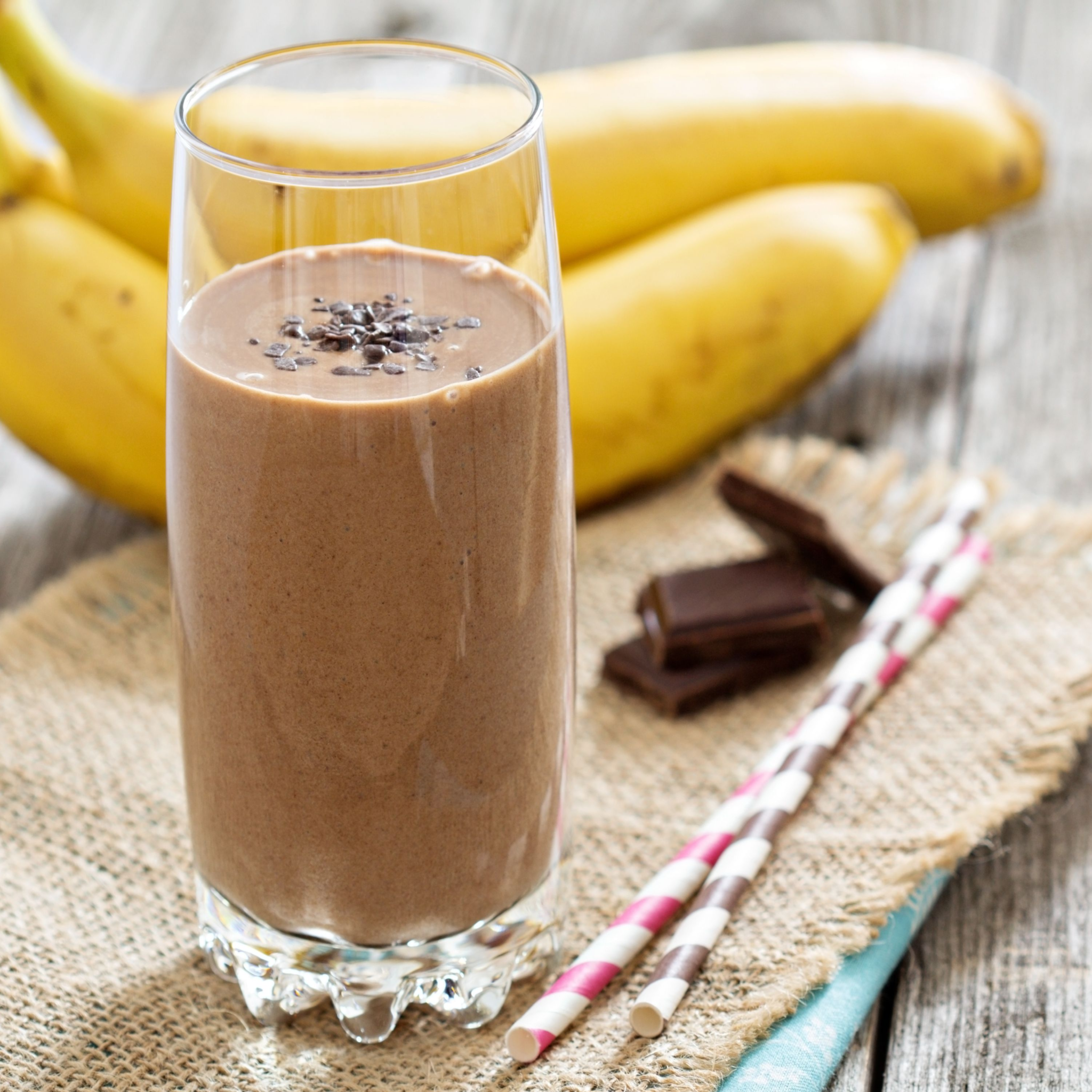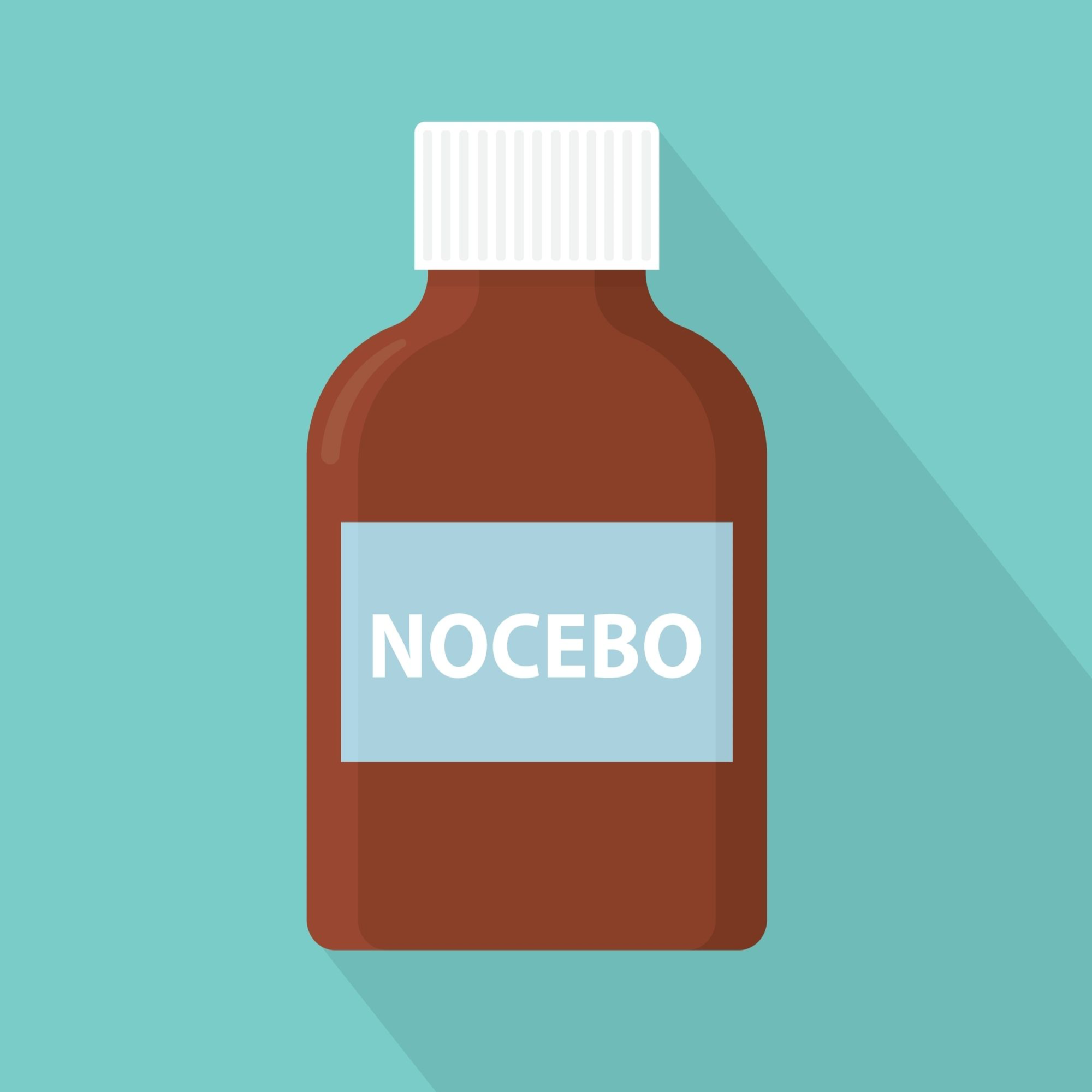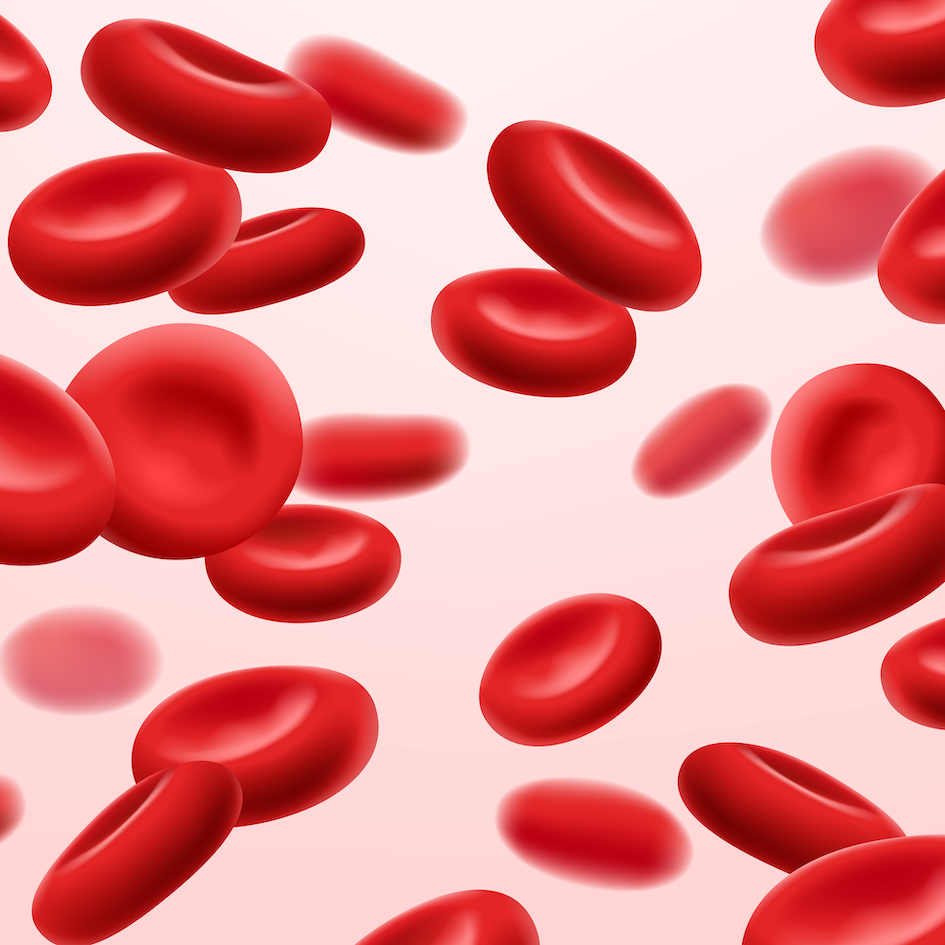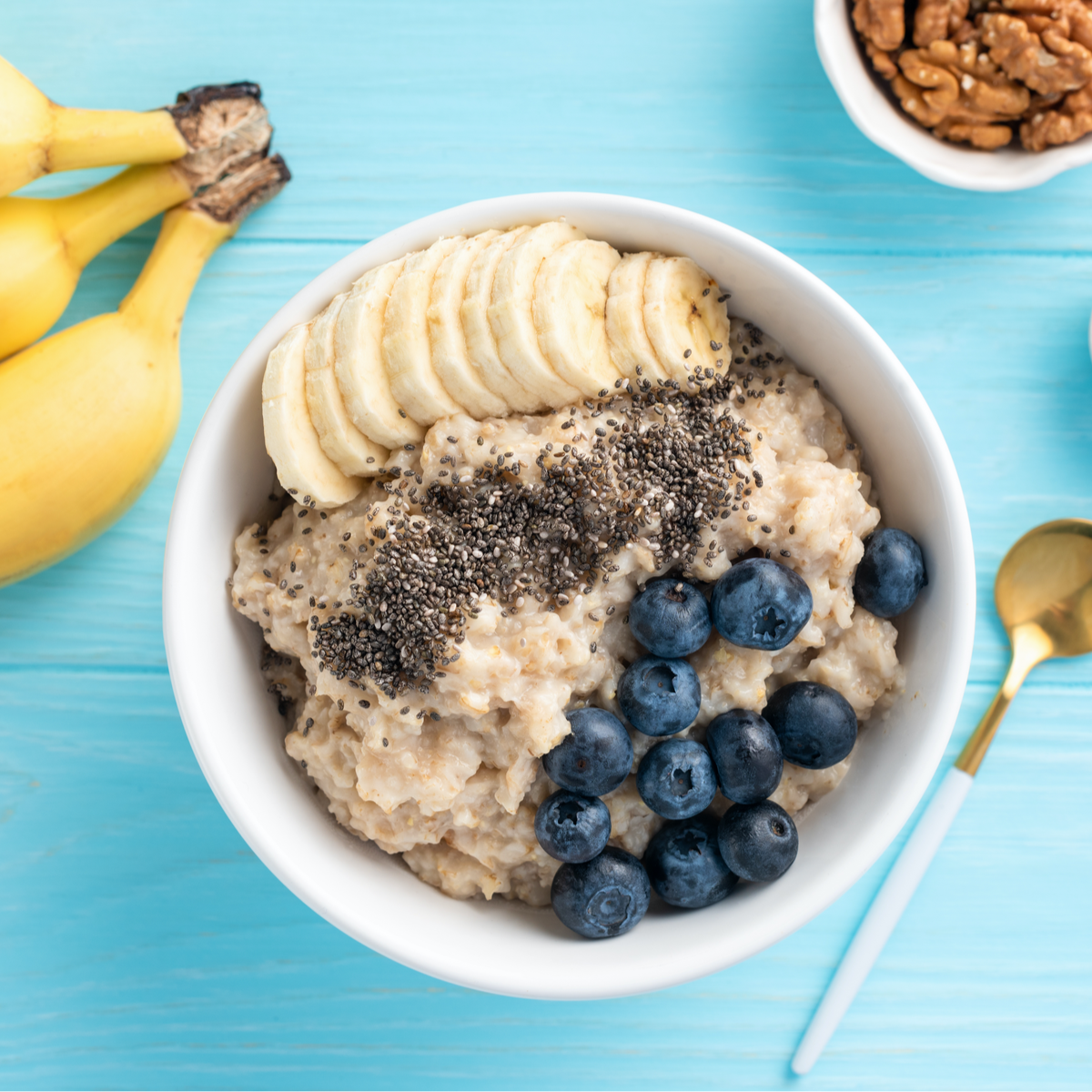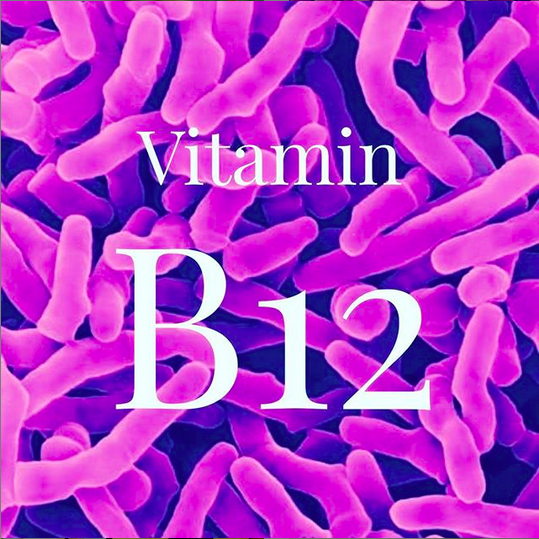
Vitamin B12 deficiency is alarmingly common, yet easily preventable.
B12 levels can be an issue for anyone who does not eat a diverse diet, including omnivores, as highlighted by the tragic story of a teen who lost his eyesight on diet rich in processed food but low in many micronutrients.
Other omnivores at risk of B12 deficiency include those with elevated eeds (notably pregnant women) or decreased absorption (adults over 60 or those taking certain meds).
Herbivores / plant-based diners / vegans also face a very real risk of deficiency. In some studies, more than half of vegans have worrisome levels of B12. B12 deficiency also shows up in vegetarians, but less frequently. Clearly, there is a need for better education on needs and sources.
If you are unsure of your B12 status, please read and share – especially if you or someone you care about are in one of these at-risk groups.
Where does Vit B12 come from?
B12 is made by gut bacteria in animals. It builds up in muscle, liver and milk. We can store a lot of it. Sadly, our B12-making bugs are too far down our GI tracts to fuel our bodies.
Symptoms are can often vague and can be missed – it’s easy to chalk up fatigue, and brain fog to the mom life!
How much Vitamin B12 do I need?
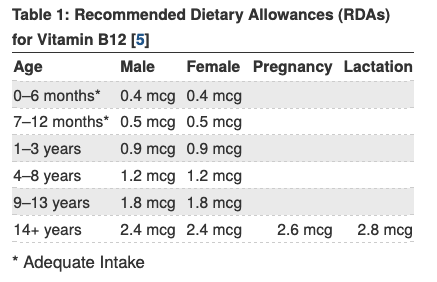
The table above shows the official daily recommended intake in the US. The recommendations in Europe are considerably higher – closer to 4.0 mcg per day for adults (versus 2.4 mcg). Some studies suggest that even more than this can be helpful (read more). Thus, the above numbers should be viewed as a bare minimum.
How can I meet My Vitamin B12 needs?
Omnivores can get vitamin B12 from certain seafoods, beef, and dairy.
Herbivores can get vitamin B12 by eating generous amounts of foods fortified with B12. Yes, these forms are bioavailable.
My go-to sources are fortified soy and almond milk (I average 2 cups per day!), and nutritional yeast. Many breakfast cereals are also fortified with B vitamins.
Vitamin B12 supplements are another viable option. Vitamin B12 is fully vegan as it is made by bacteria. Oral (pills) and injections are both viable options. Because we can store a decent amount of B12, supplements tend to be very high doses at less frequent intervals.
Two critical action to take if you (or your kids) may be at risk of B12 deficiency
1. Estimate how much B12 you are getting from your diet.
- Check the labels of your beverages, a common source of fortification.
- Try running a few typical days of your diet through an online food tracker, such as Chronometer.
- Use a nutrient search tool such as Self.com to find some solid sources.
- Check intake against the suggested intakes show above. Remember, these should be viewed as an absolute bare minimum. If low, develop a strategy to boost your intake through diet and /or supplements.
2. Check your B12 status.
Testing tips:
– The most common blood test (serum B12 levels) can give you a false sense of security. It detects both active and inactive forms.
– These 3 test are more accurate. They may not be covered but are worth it.
1. Blood methylmalonic acid (MMA)
2. Blood homocysteine
3. Holo-transcobalamin (holo-tc) – hard to find
My kids and I all have excellent B12 levels across all tests. I credit our high intake of fortified foods.
Learn More


